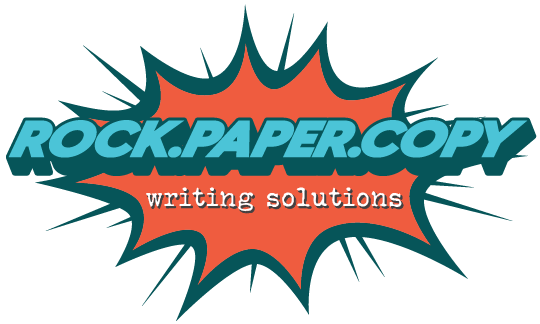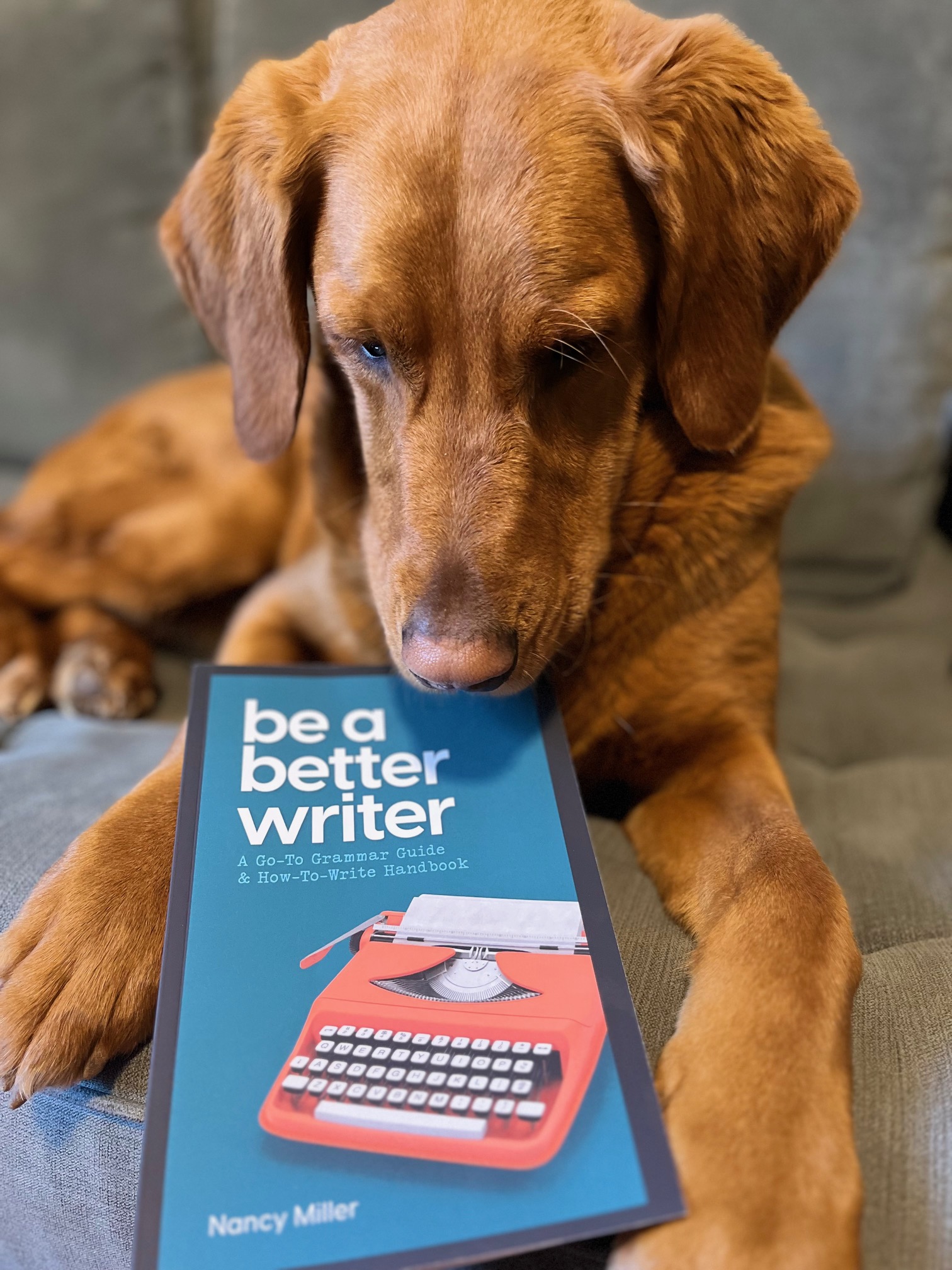
7 Editing tips to crank up your writing game
Sure-fire ways to enhance emails, clarify correspondence and boost blogs
We all need help with our writing from time to time. And some of us more frequently than that.
Don’t have an editor on hand to turn your purple prose into the clear, concise treatise it’s meant to be? A little self-editing can go a long way.
Following is a handy-dandy list of editing tips that will help transform any clumsy, unremarkable draft into a polished composition that informs and intrigues.
#1 Shorten sentences. Long sentences drag writing down. Just ask Hemingway. Certainly, a meandering, descriptive phrase can be a thing of beauty, but it’s typically uncalled for in most professional writing. Want to get a point across? Use short sentences. And might as well shorten up those paragraphs, too!
#2 Don’t pad your prose. Deflate fat words and eliminate unnecessary phrases. As with long sentences, longer words full of prefixes and suffixes slow things down. Use reason instead of rationalization and note rather than notification. Introductory phrases, such as in as much, with respect to, in the event that, on the basis of, etc., pump up the word count but also increase the confusion index. While we’re at it, limit your use of “fancy” words. Are you writing to impress or inform?
#3 Activate the passives. To keep copy lively, use active rather than passive voice. Active voice has the subject doing the action, e.g., I wrote the paper. Passive reverses the order and begins with the subject being acted upon, e.g., The paper was written by me. Passive voice always uses a form of the verb to be, so am, is, was, were, are, been. To be forms are energy sappers, so eliminate when possible.
#4 Pay attention to punctuation. You knew I had to mention it. At least learn how to use possessive apostrophes and commas. Chances are you’re already at the computer, just Google it!
#5 Read out loud. Sounds easy and it is! Reading out loud allows you to catch things your eyes might skip over. You will notice repetitive words and missing letters or articles (a, the) more easily.
#6 Avoid weak adverbs. The adverbs really, very and totally waste energy, too. If someone is very tired, say they are exhausted. Are they really smart or are they brilliant?
#7 Read like a reader. You know what you’re writing about, but do others? Don’t make assumptions. Would someone else find it clear, interesting or valuable? If not, make it so.
With any writing – be it formal or relaxed, professional or personal – the key is to make things easy for the recipient to understand. Provide clear direction; eliminate confusion. Then, when that’s done, make it entertaining.
Still need help? Call in the professionals.




